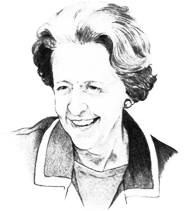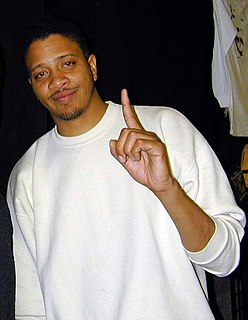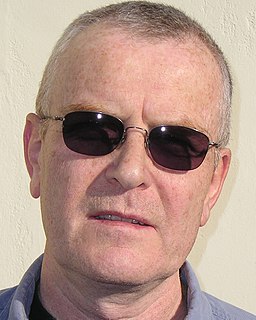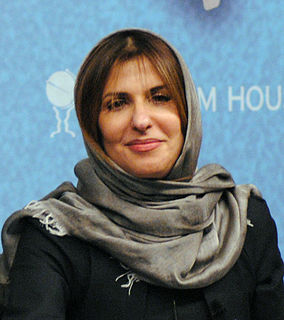A Quote by Prince Charles
The medieval Islamic world, from Central Asia to the shores of the Atlantic, was a world where scholars and men of learning flourished. But because we have tended to see Islam as the enemy of the West, as an alien culture, society, and system of belief, we have tended to ignore or erase its great relevance to our own history.
Related Quotes
It is for Muslim scholars to study the whole history of Islamic science completely and not only the chapters and periods which influenced Western science. It is also for Muslim scholars to present the tradition of Islamic science from the point of view of Islam itself and not from the point of view of the scientism, rationalism and positivism which have dominated the history of science in the West since the establishment of the discipline in the early part of the 20th century in Europe and America.
[To the cultures of Asia and the continent of Africa] it is the Western impact which has stirred up the winds of change and set the processes of modernization in motion. Education brought not only the idea of equality but also another belief which we used to take for granted in the West-the idea of progress, the idea that science and technology can be used to better human conditions. In ancient society, men tended to believe themselves fortunate if tomorrow was not worse than today and anyway, there was little they could do about it.
Infuriatingly stupid analysts - especially people who called themselves Arabists, yet who seemed to know next to nothing about the reality of the Islamic world - wrote reams of commentary [after 9/11]. Their articles were all about Islam saving Aristotle and the zero, which medieval Muslim scholars had done more than eight hundred years ago; about Islam being a religion of peace and tolerance, not the slightest bit violent. These were fairy tales, nothing to do with the real world I knew.
I think Islam, for me, helped me see how similar we all are. If my views are not traditional it's because of being raised in American society. Things that are taboo in an Islamic society are magnified in this society: drinking, extramarital affairs, all kinds of stuff like that. I have to apply the human aspect of all our culture dictates . . .
We know they have nothing to do with Islam because our politicians keep telling us that, and they are all Islamic scholars. (They are, aren't they?) Yes, the violence is coming exclusively from Muslims, but only because their religion (the one that has nothing to do with Islam) tells them to kill unbelievers, meaning people who don't follow the religion with a knife to our throat that has nothing to do with Islam.
We've tended in our cosmologies to make things familiar. Despite all our best efforts, we've not been very inventive. In the West, Heaven is placid and fluffy, and Hell is like the inside of a volcano. In many stories, both realms are governed by dominance hierarchies headed by gods or devils. Monotheists talked about the king of kings. In every culture we imagined something like our own political system running the Universe. Few found the similarity suspicious.
I soon began to sense a fundamental perceptual difficulty among male scholars (and some female ones) for which 'sexism' is too facile a term. It is really an intellectual defect, which might be termed 'patrivincialism' or patrochialism': the assumption that women are a subgroup, that men's culture is the 'real' world, that patriarchy is equivalent to culture and culture to patriarchy, that the 'great' or 'liberalizing' periods of history have been the same for women as for men.
We must not be afraid to define our enemy. It is Islamic extremist terrorism. I did not say all of Islam. I said Islamic extremist terrorism. Failing to identify them properly maligns decent Muslims around the world. It also sets up a fear of being politically incorrect that can have serious consequences. And it has.






































